

The Research on Improving Systems of Education (RISE) Nigeria workshop was organized to investigate aspirations and clusters of educational excellence, with an interest in the behavioral and social mechanisms for mobility. The five project components will address: 1) Mission and Colonial Schools; 2) Free Primary Education (FPE); 3) National Youth Service Corps (NYSC); 4) School Based Management Committees (SBMCs); and 5) Political Economy. The RISE Nigeria project would provide evidence-based research and policy recommendations on school governance and key stakeholders, as well as demand for education. CSEA's Esecutive Director, Dr. Chukwuka Onyekwena participated in the workshop which was held in Princeton University, New Jersey on May 20-21, 2019.
Nigeria is Africa’s largest economy, but also has one of the widest energy gaps in the world. With a quickly growing population, Nigeria urgently needs to improve its power sector. The country’s current installed capacity is reported at 12,500 megawatts, but in practice, only about 3,800 megawatts gets evacuated. The government’s aim to boost electricity access from 45% today to 90% by 2030 will drive even more demand. The government privatized part of the power sector in 2013 hoping to promote efficiency, attract private investment, and increase generation, but this has yet to deliver results. The Energy for Growth Hub, in partnership with Centre for the Study of the Economies of Africa (CSEA) and Nextier Power convened a one-day workshop to discuss some of the power sector’s needs and present to key stakeholders in the power sector, policies that would be essential in resolving the sector’s challenges and restoring financial viability in the value chain. The workshop focused on three priorities: solving barriers in the gas-to-power value chain, an active plan for renewable energy integration, and energy theft under the theme The Electricity Landscape in Nigeria: Challenges and Policy Bottlenecks The workshop held on Tuesday, May 21, 2019, at The Wells Carlton Hotel Asokoro, Abuja, Nigeria.
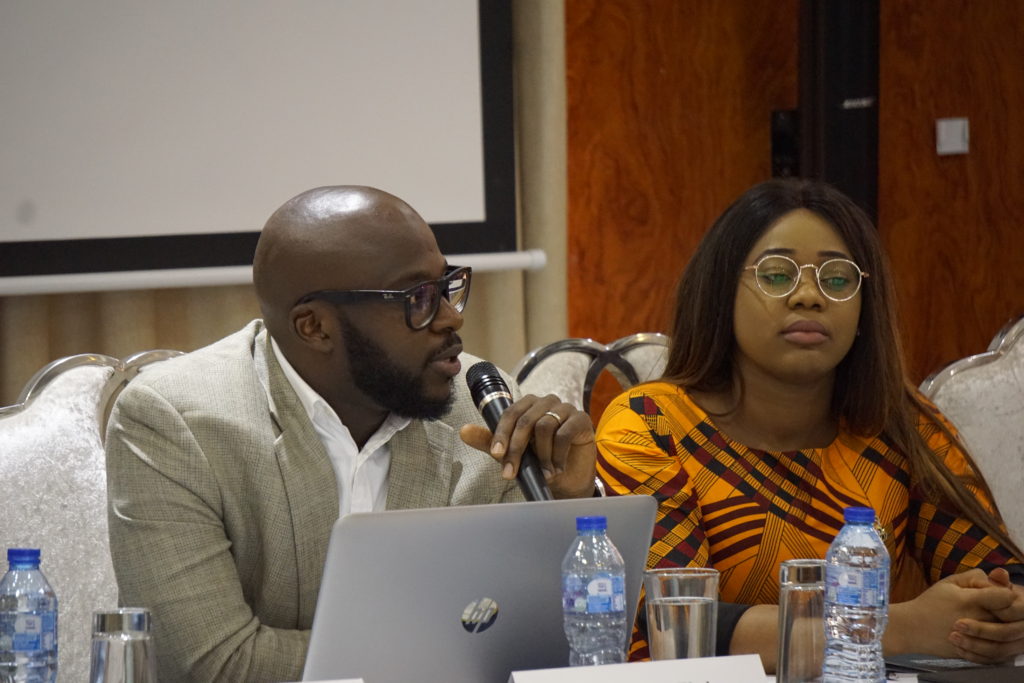
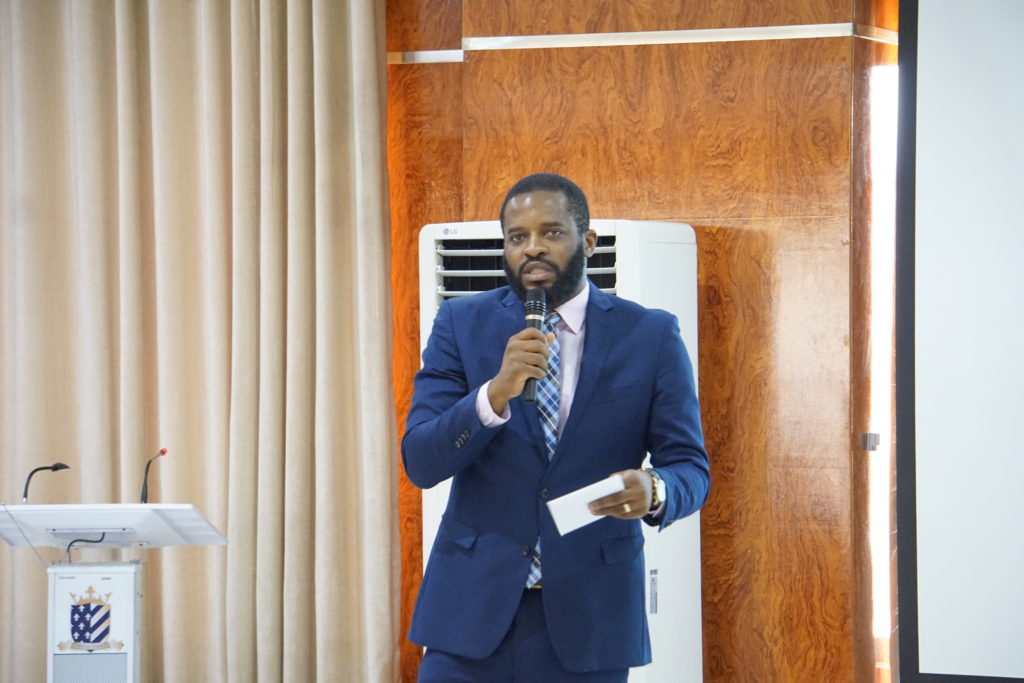
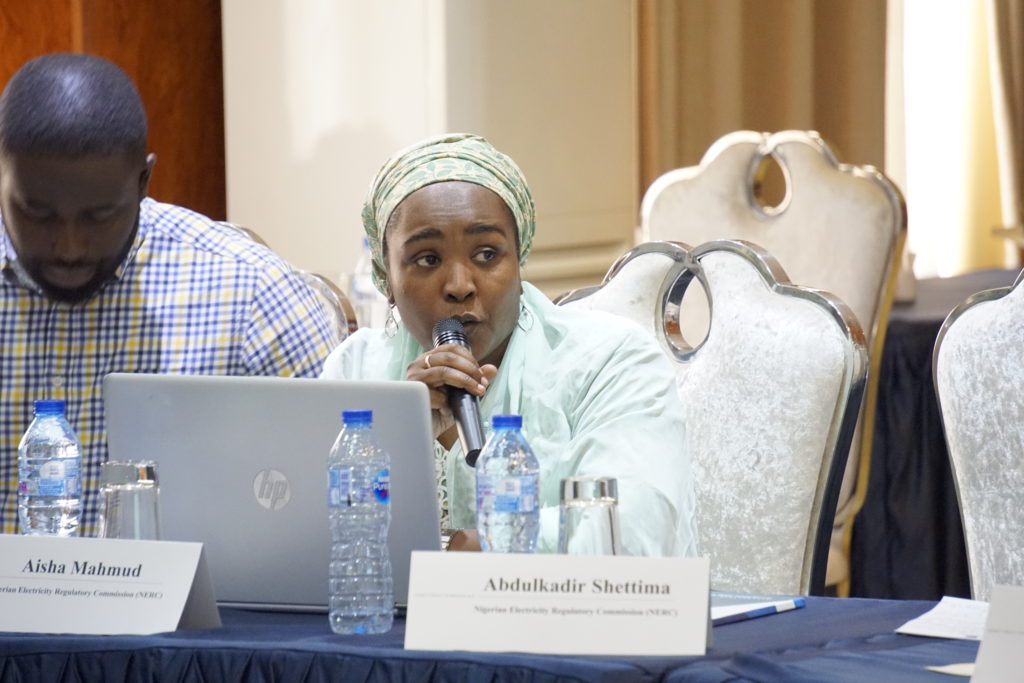
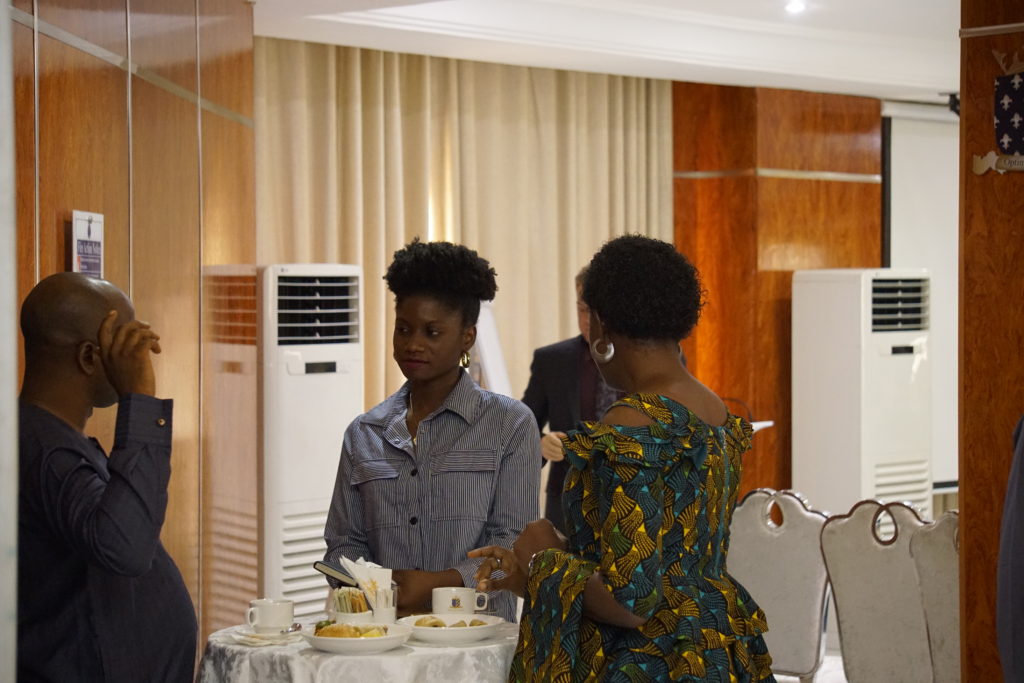
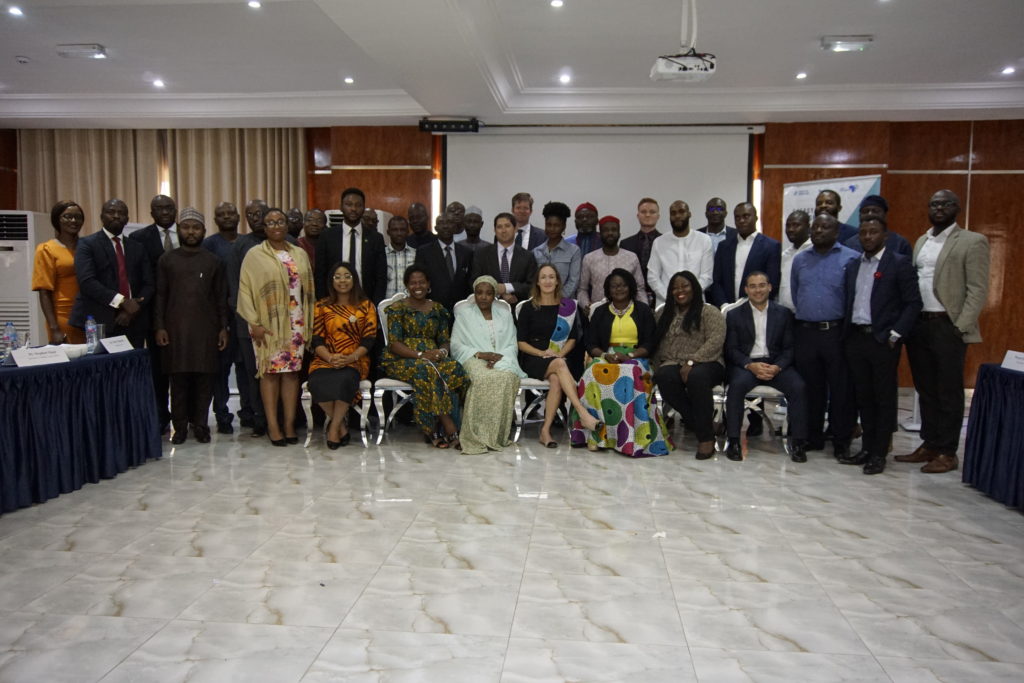
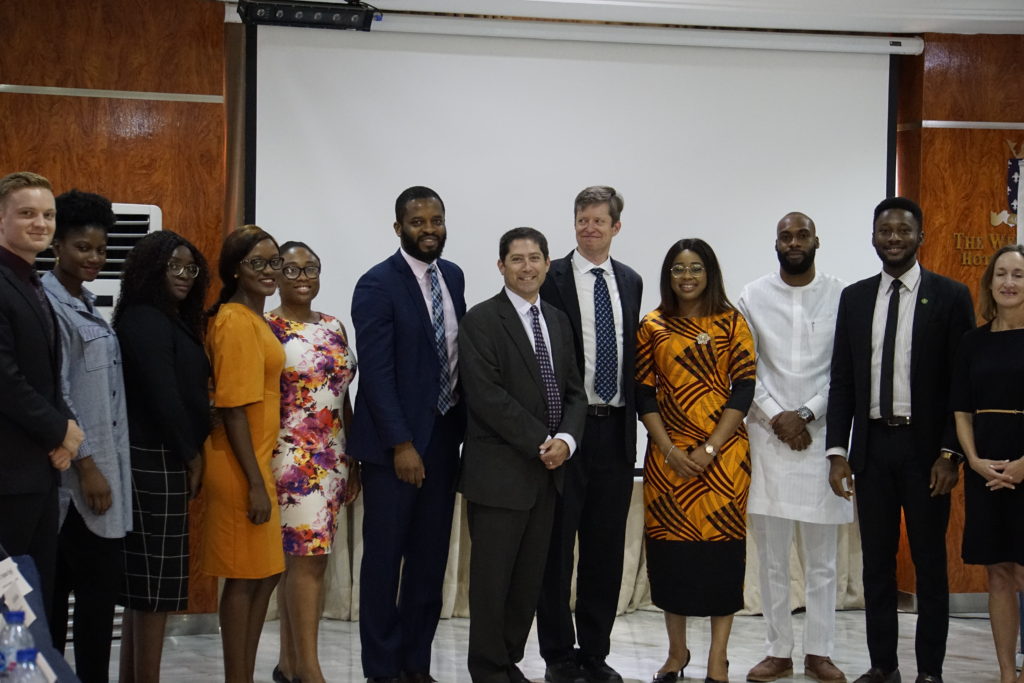
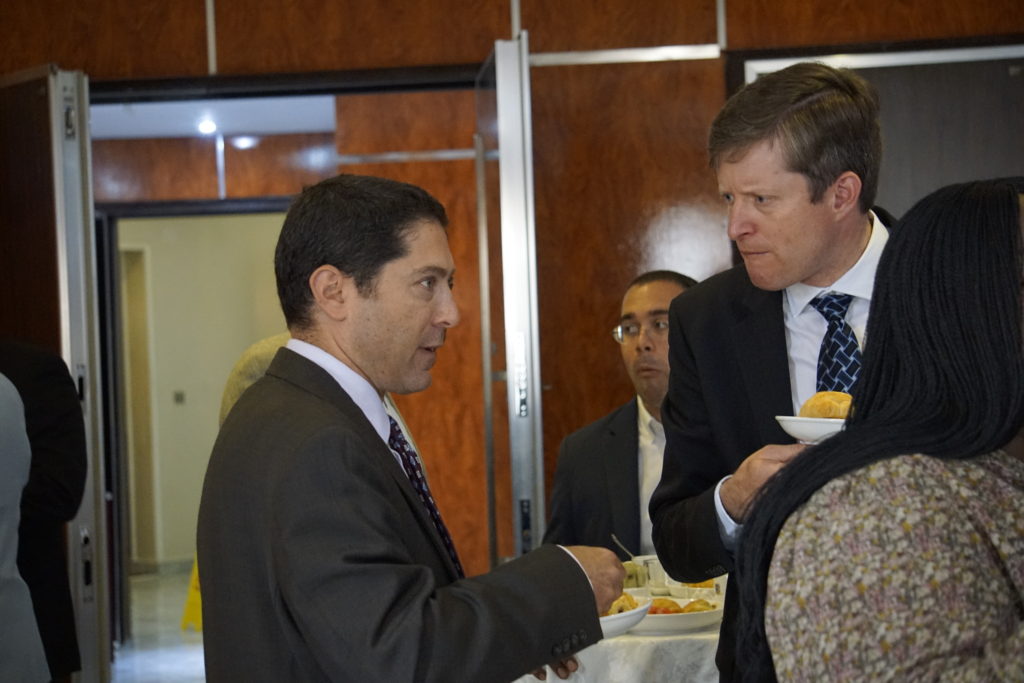
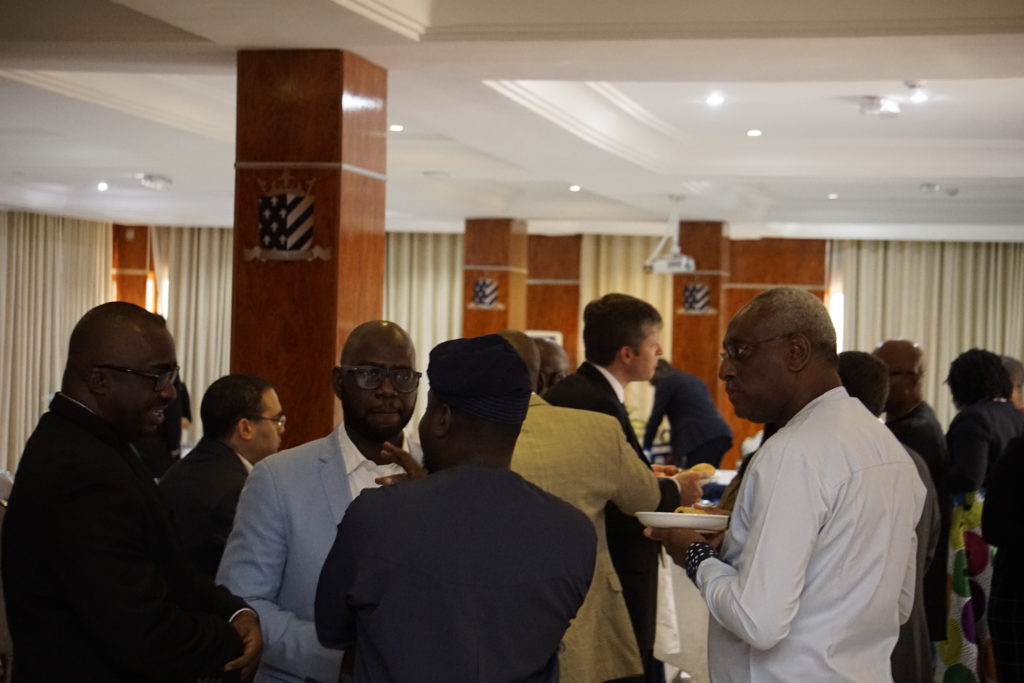
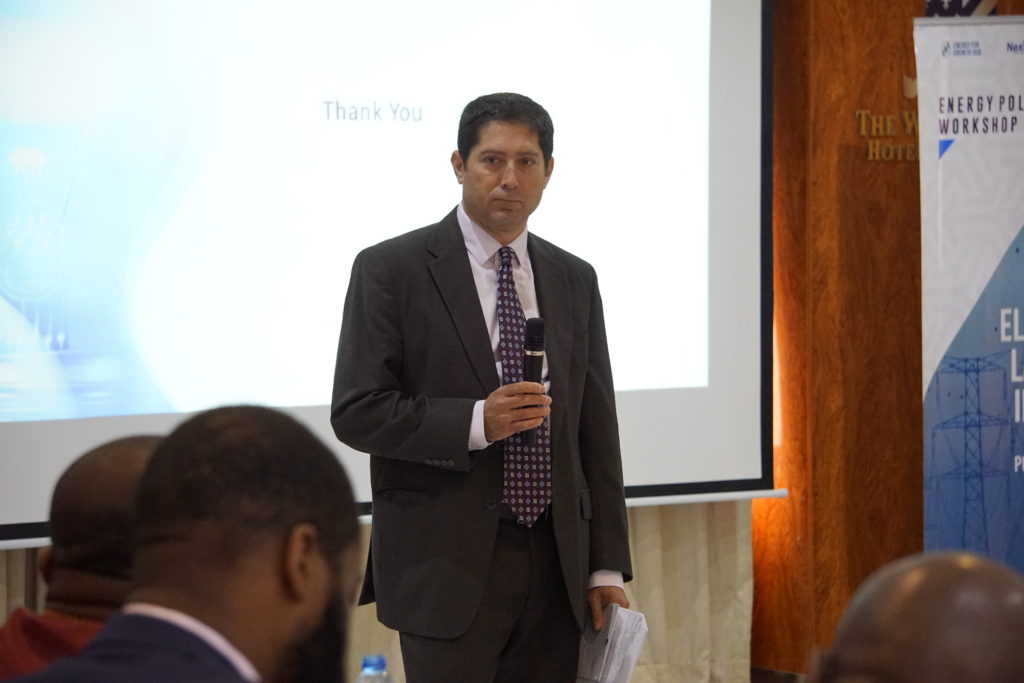
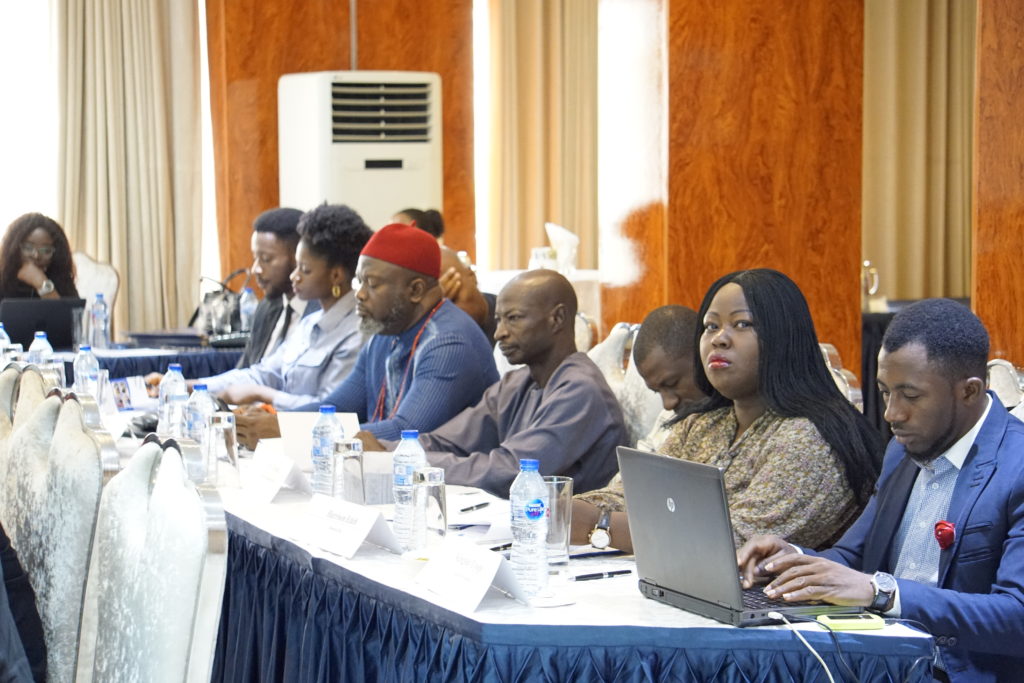
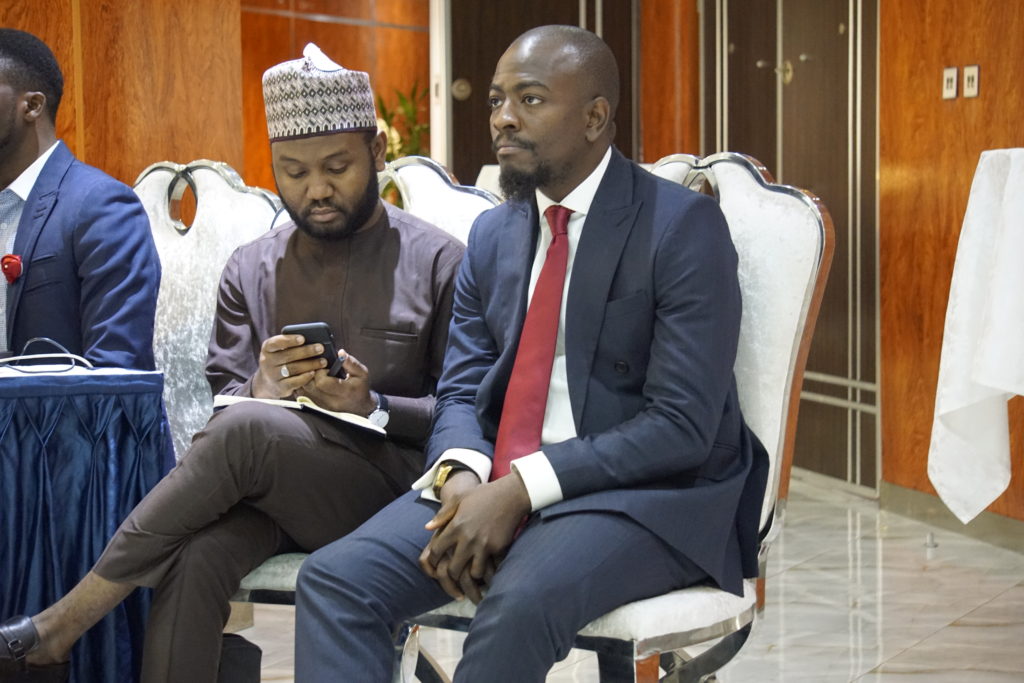
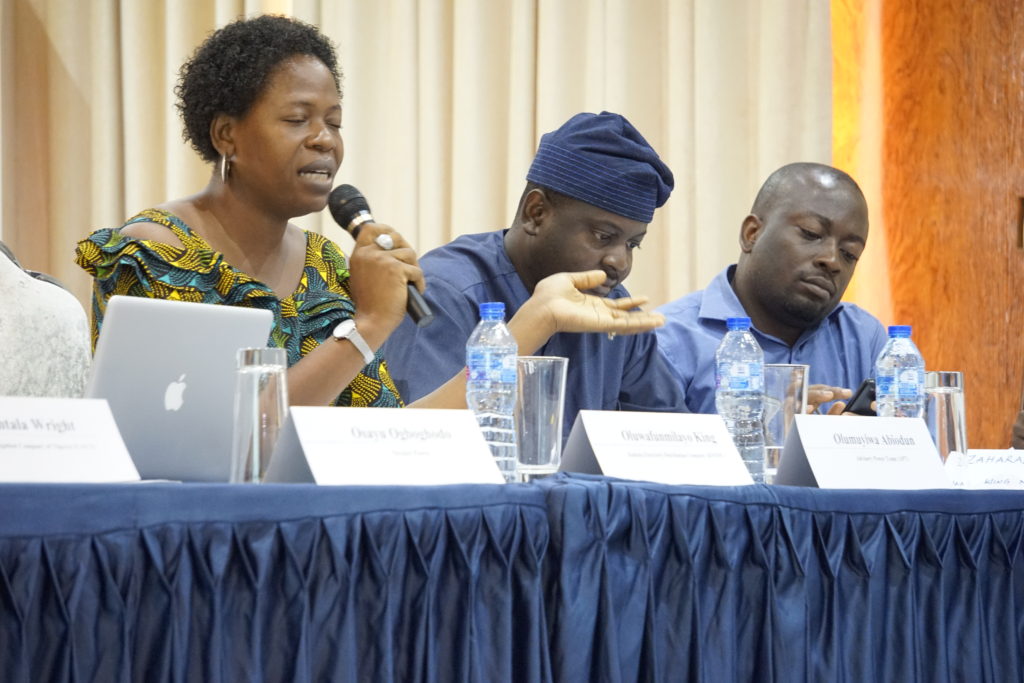
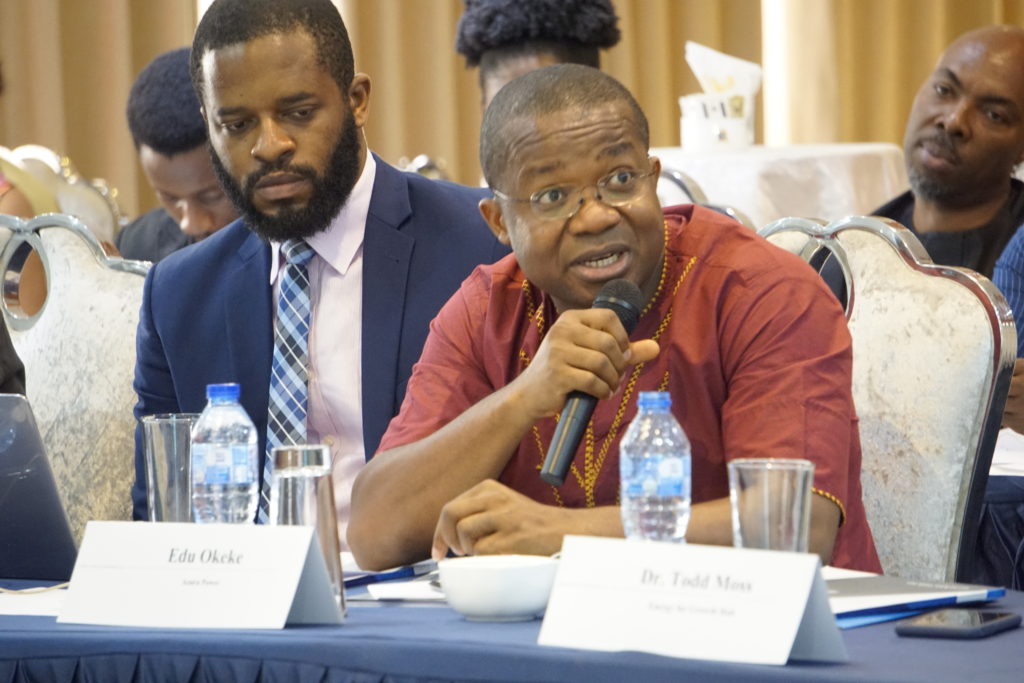
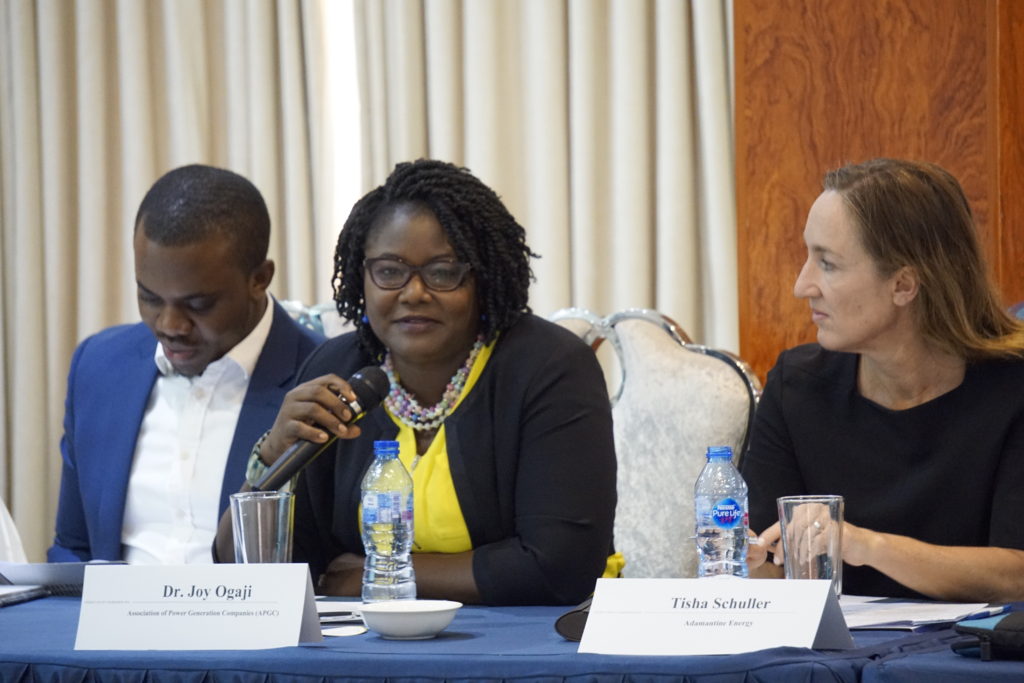
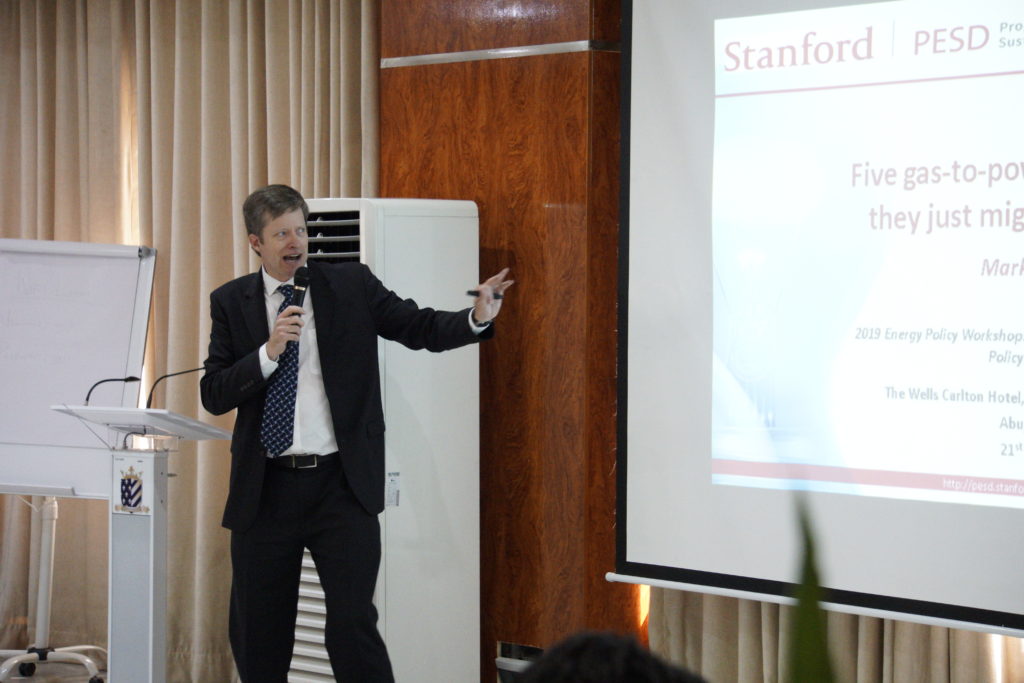
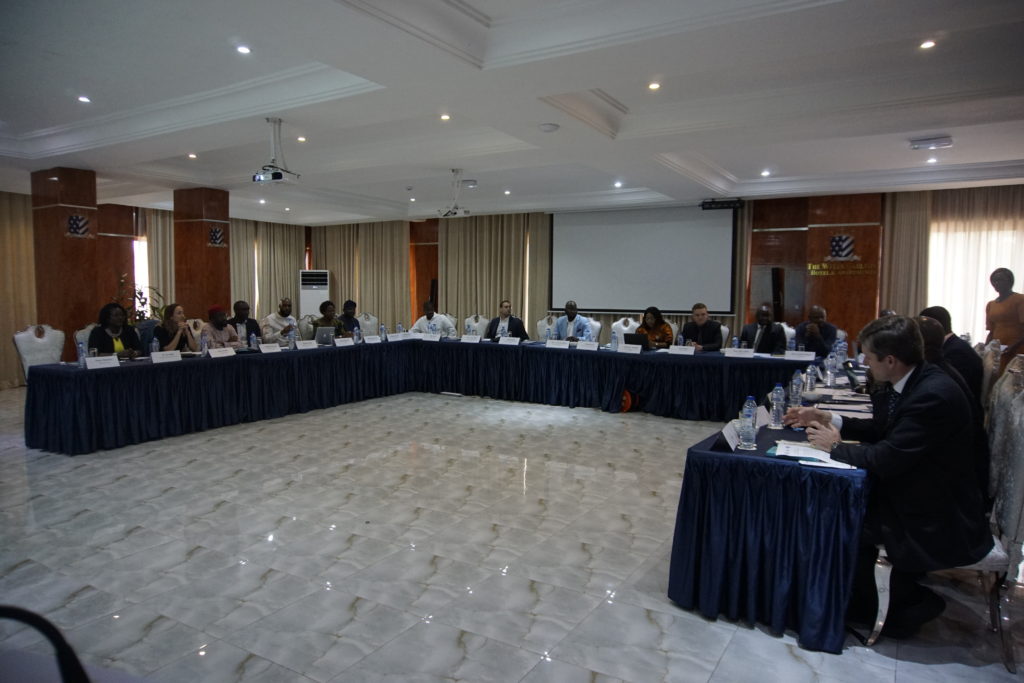
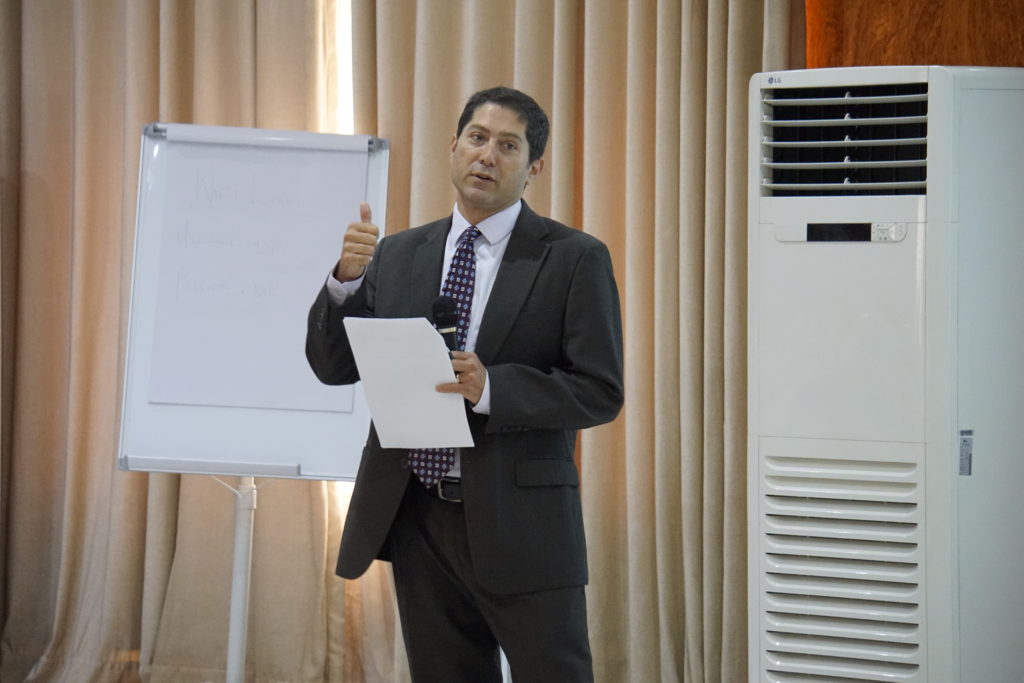
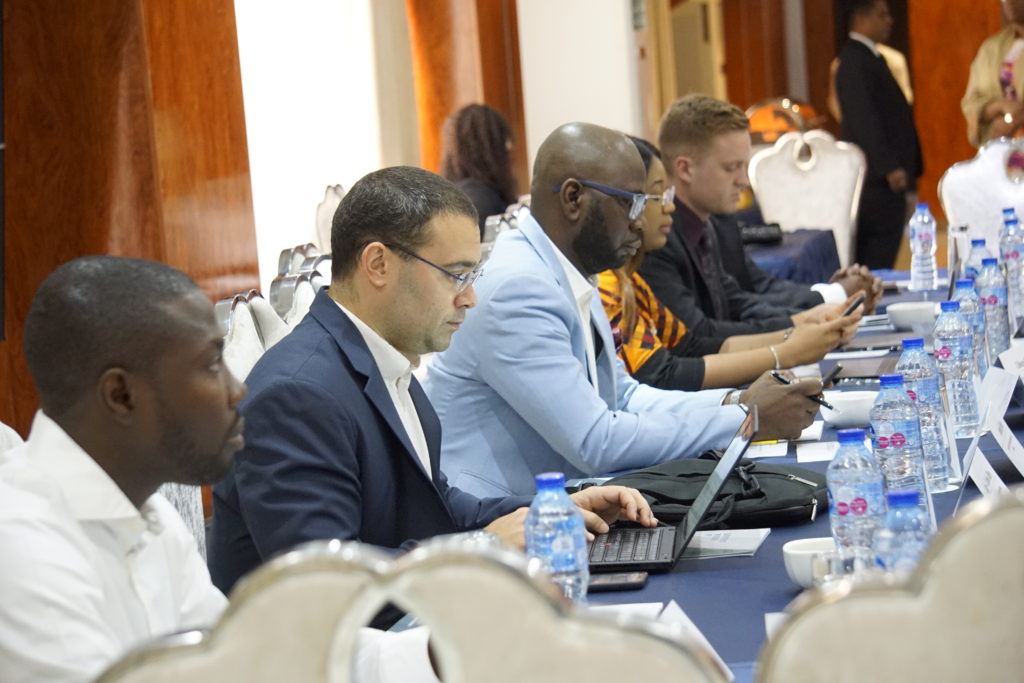
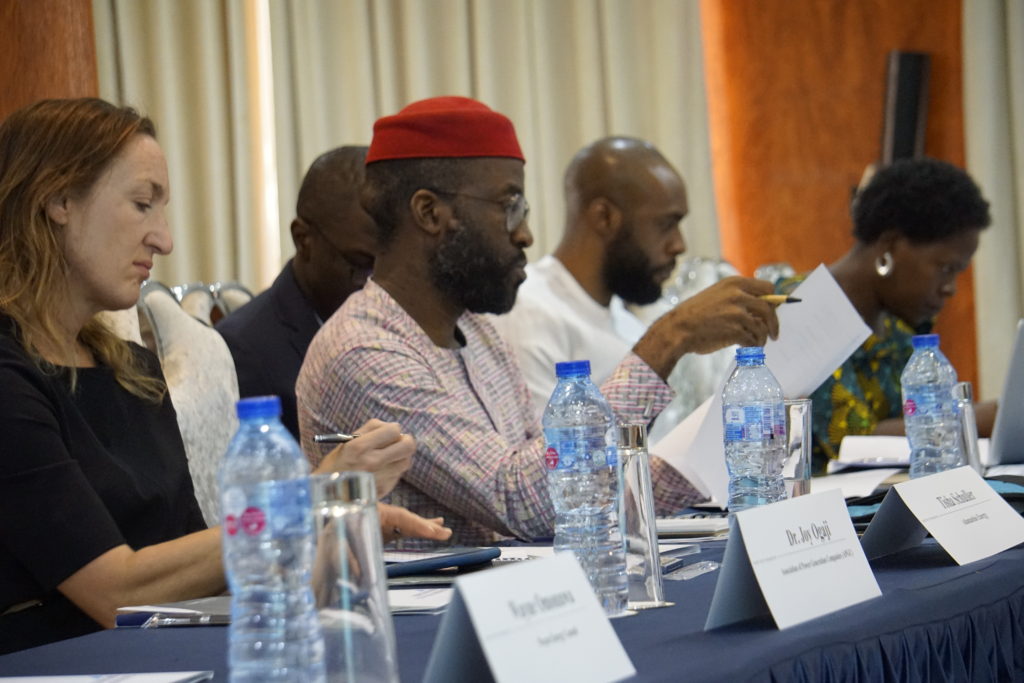
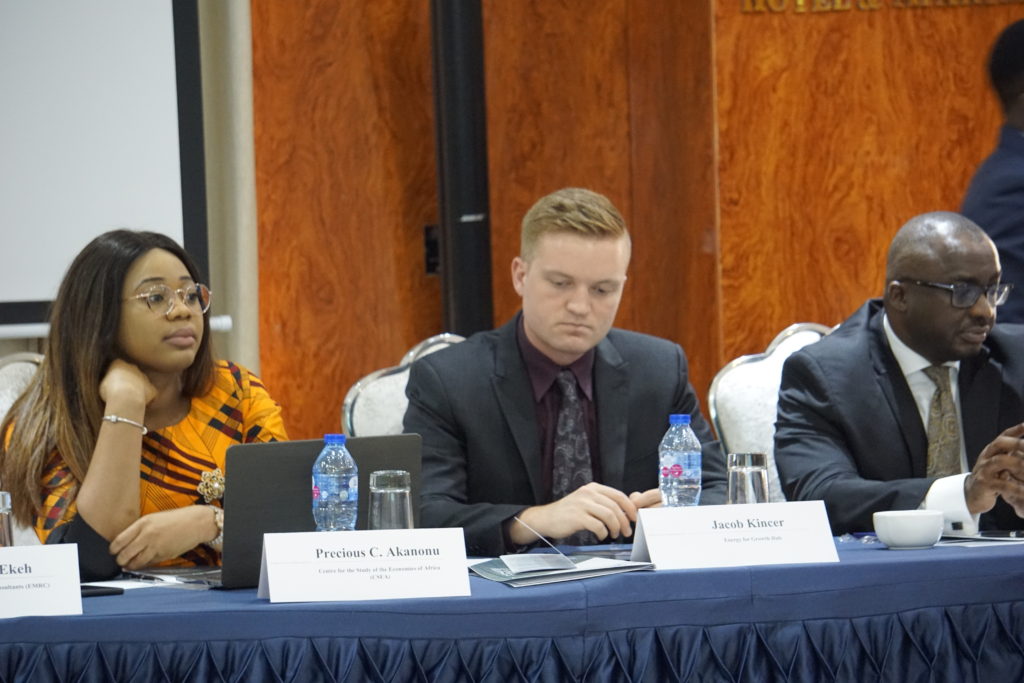
In the News
https://businessday.ng/news/article/nextier-stakeholders-want-fg-to-address-weak-governance-data-concerns-2/ https://guardian.ng/energy/experts-raise-concern-seek-review-of-power-sector/It is widely known that cigarette smoking and other forms of tobacco use (both active and passive smoking) is damaging to health, poses enormous economic costs, and accounts for a significant proportion of health inequities. Yet, Nigeria’s fiscal policies for tobacco control appear weak. With recent changes, excise tax rates amount to an excise tax burden of just about 16 percent, relative to the 75 percent benchmark recommended by the World Health Organization. With lower tobacco control policies in Nigeria, the country has become the hub for tobacco production in West Africa for companies like the British American Tobacco (BAT).
While smoking prevalence is still low in Nigeria, the prevalence is rising even among women and children in rural areas. Therefore, there is a need for evidence to support effective tobacco control policies in Nigeria that can help curb the emerging tobacco use epidemic. Local evidence can provide context-specific information and tools that are needed to design policies and shape practices that improve public health equitably and generate government revenue to support health-promoting programmes.
To highlight these issues, CSEA organized a round-table workshop to discuss an ongoing research project on Fostering Effective Tobacco Control Policy Implementation in Nigeria. The two-year project was commissioned by the International Development Research Centre (IDRC), Canada and aims to provide research and advocacy towards the design and implementation of an effective tobacco control policy in Nigeria.
The proposed project will focus on:
The workshop, provided a platform for participants and experts to discuss data, methods and expected outcomes for each component of the research project. Participants at the workshop include: stakeholders from ECOWAS, Ministry of health, Ministry of Finance, Nigeria Customs Service, Federal Inland Revenue Service, the Academia, Research organizations, Nigeria Tobacco Control Alliance, CSO’s and the Media.
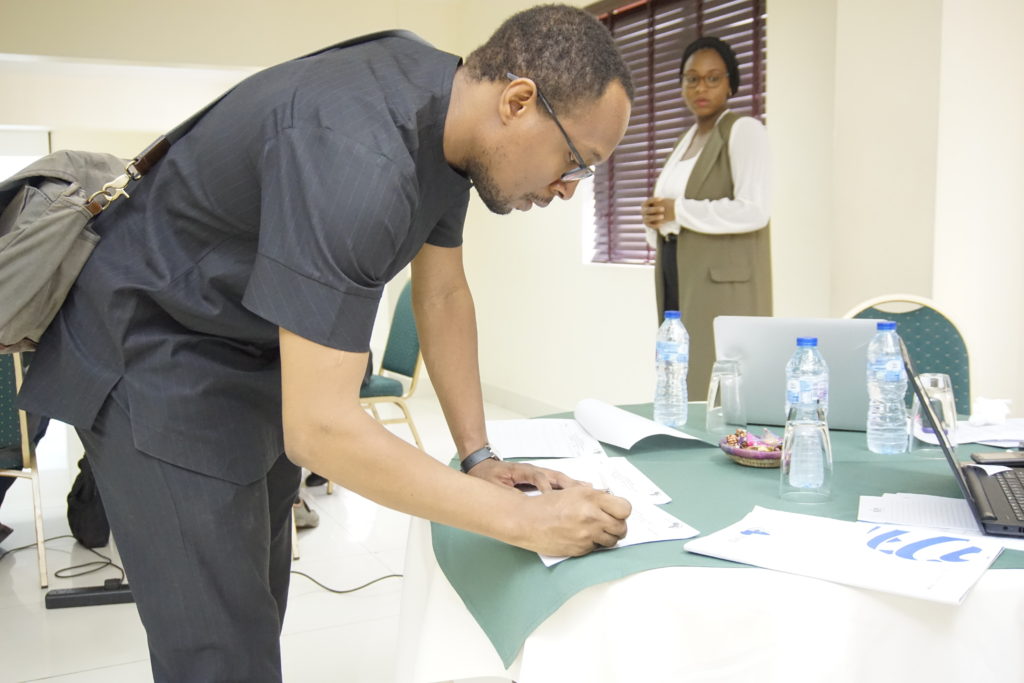
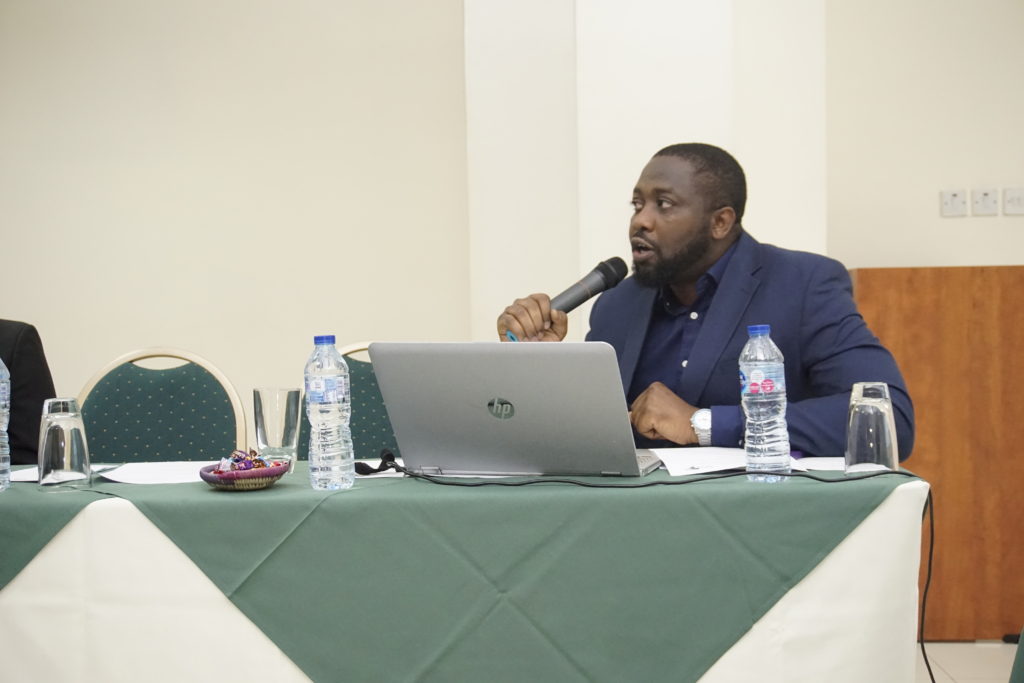
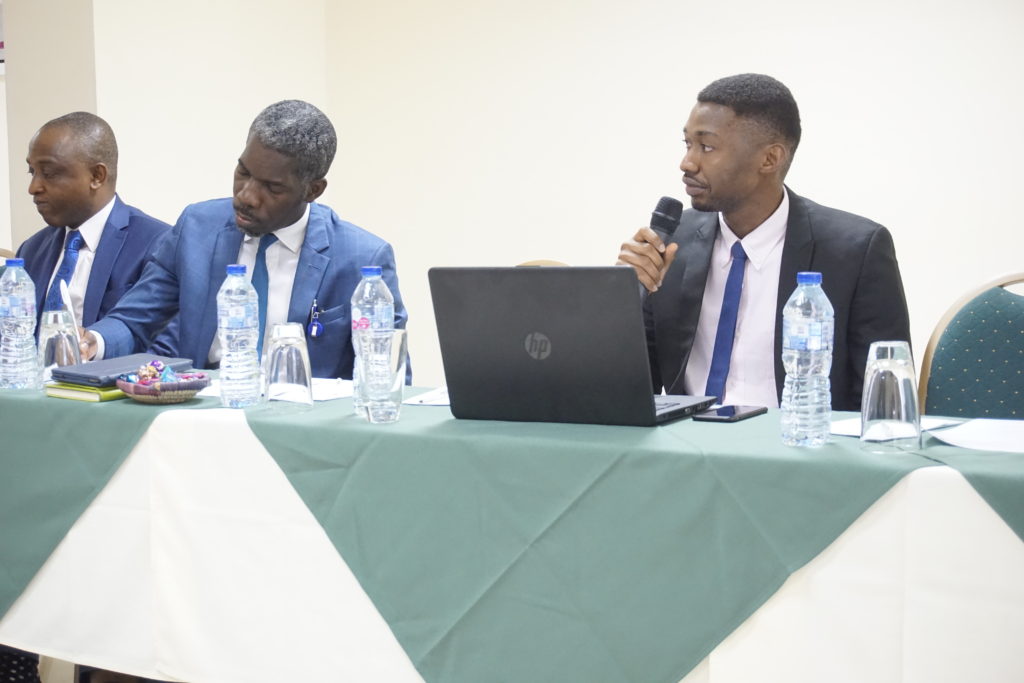
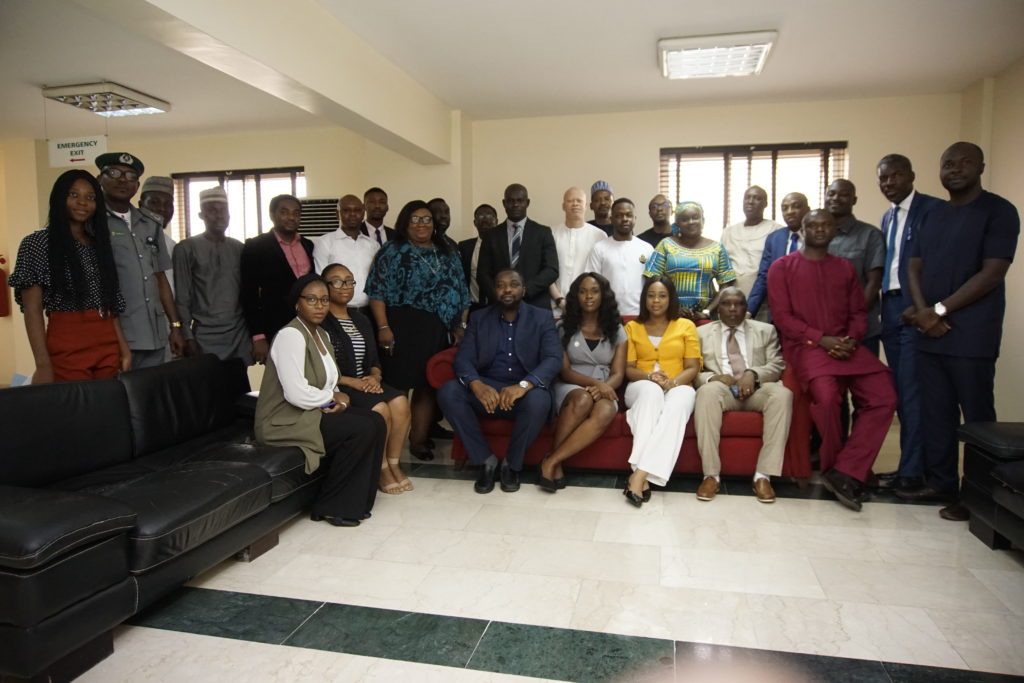
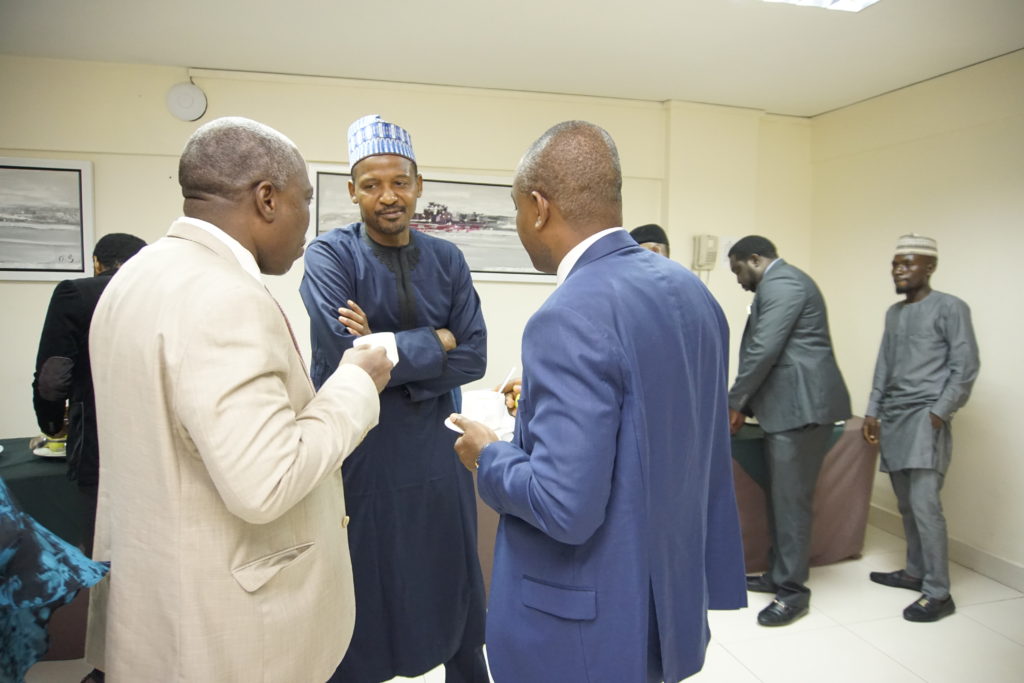
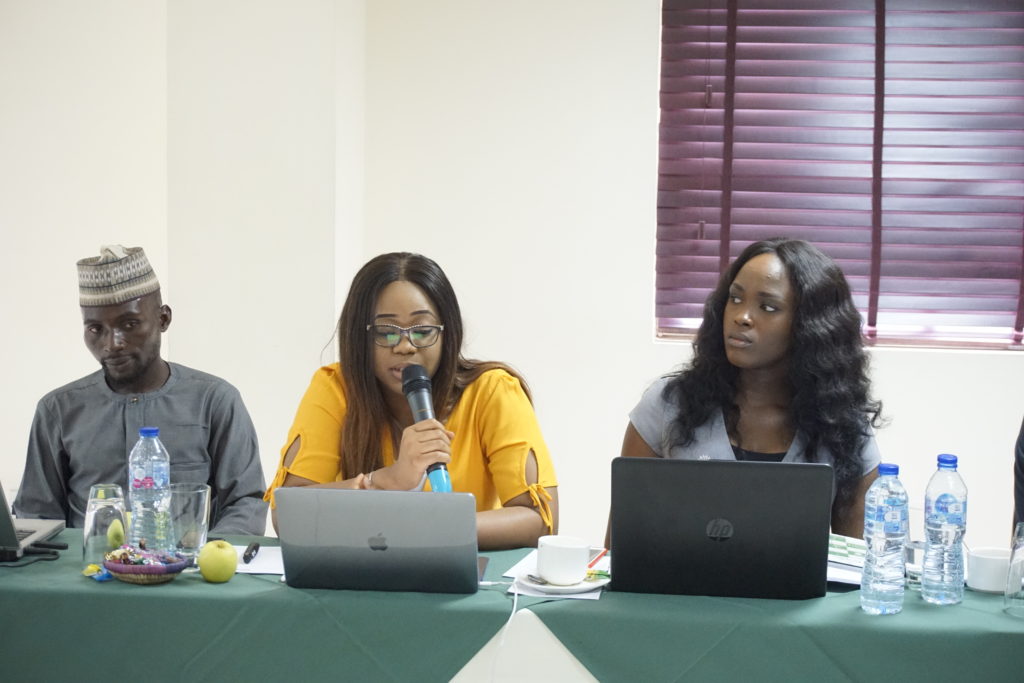
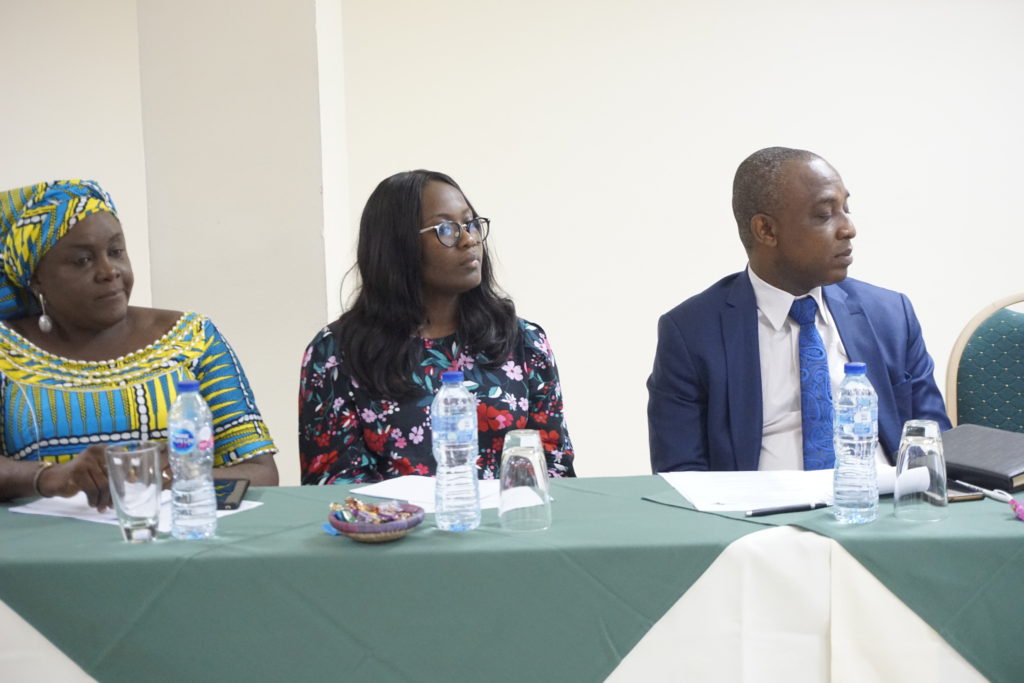
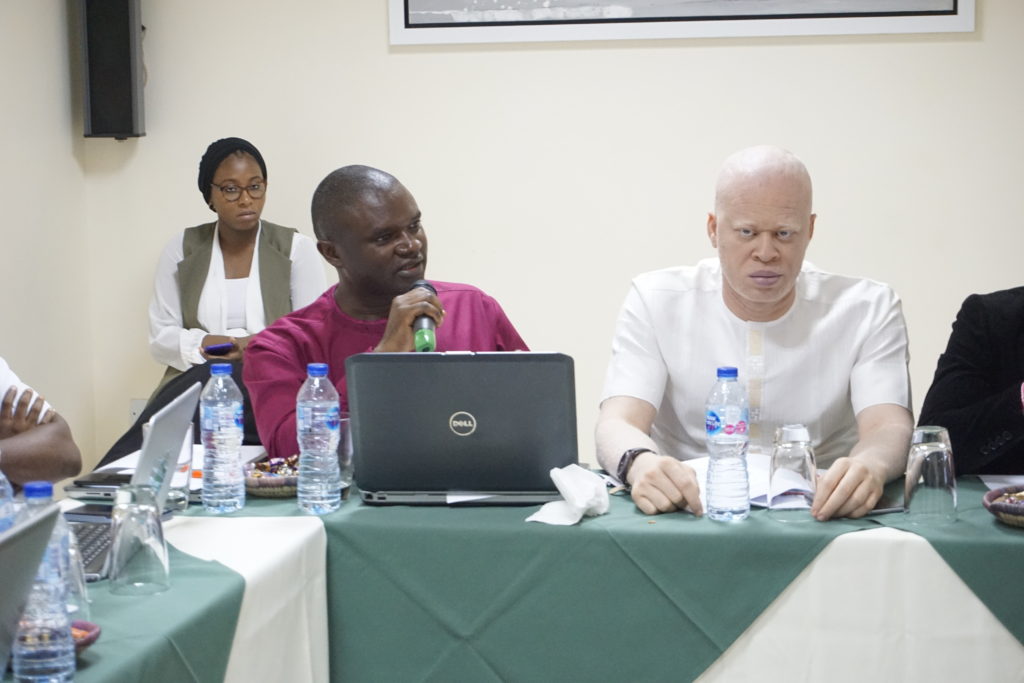
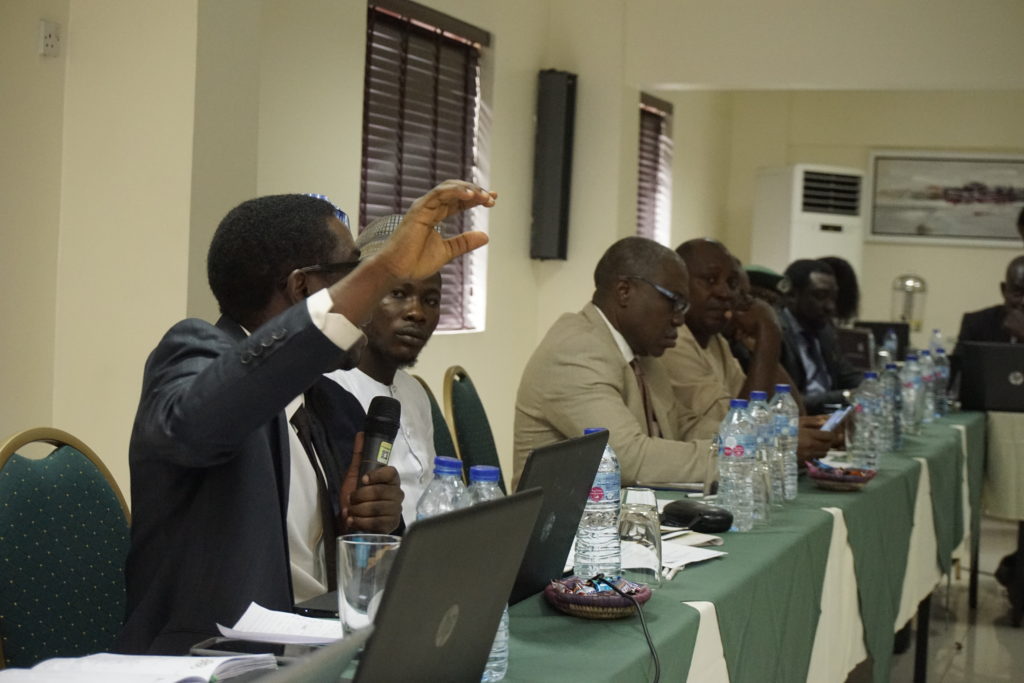
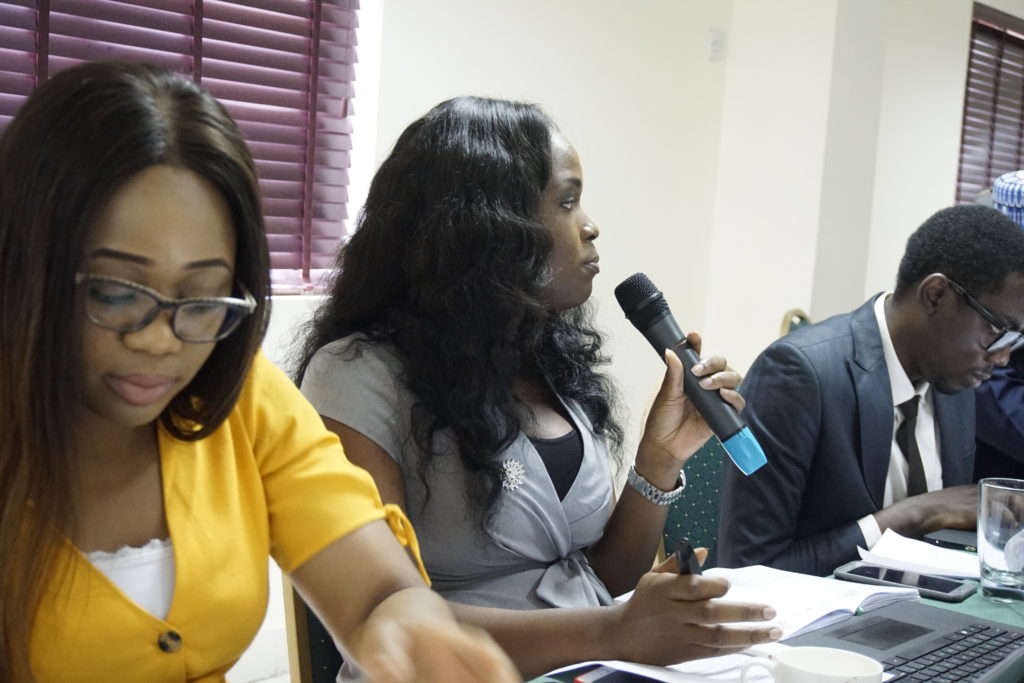
In the News
https://businessday.ng/agriculture/article/csea-insists-on-legislative-review-of-tobacco-taxation/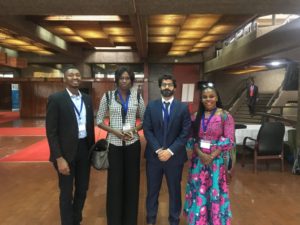 The summit provided a platform for participants to propose strategies and actionable recommendations that would enable think tanks contribute to tackling policy implementation challenges within the context of Africa’s vision as reflected in Agenda 2063 and the SDGs, through sharing knowledge and country case studies on good practices in ensuring successful implementation of policies and strategies.Specifically, the summit aimed to increase the dissemination of knowledge on implementation and development issues pertinent to Africa, understand the challenges and available solutions for the effective implementation of policies.
Dr. Adedeji Adeniran was a discussant on the session that discussed tackling implementation challenges at the national level. While various solutions have been proffered to improve the implementation landscape in Africa there is the need for better data, monitoring and evaluation, synergy and coordination.
The summit provided a platform for participants to propose strategies and actionable recommendations that would enable think tanks contribute to tackling policy implementation challenges within the context of Africa’s vision as reflected in Agenda 2063 and the SDGs, through sharing knowledge and country case studies on good practices in ensuring successful implementation of policies and strategies.Specifically, the summit aimed to increase the dissemination of knowledge on implementation and development issues pertinent to Africa, understand the challenges and available solutions for the effective implementation of policies.
Dr. Adedeji Adeniran was a discussant on the session that discussed tackling implementation challenges at the national level. While various solutions have been proffered to improve the implementation landscape in Africa there is the need for better data, monitoring and evaluation, synergy and coordination. 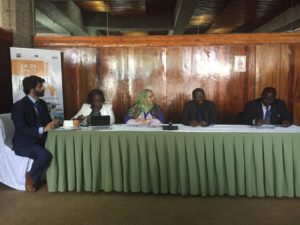 CSEA Research Associate Joseph Ishaku joined other OTT-TTI fellows at a side event to discuss and propose actionable recommendations on how think tanks in Africa can help bridge the policy design and implementation gap.
CSEA Research Associate Joseph Ishaku joined other OTT-TTI fellows at a side event to discuss and propose actionable recommendations on how think tanks in Africa can help bridge the policy design and implementation gap.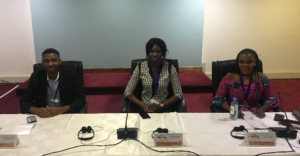 The summit took place April 24-26, 2019 in Nairobi, Kenya.
The summit took place April 24-26, 2019 in Nairobi, Kenya.
